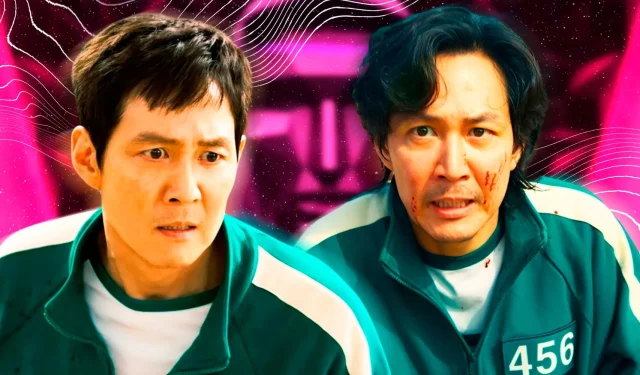
Warning: Spoilers for Squid Game Season 2 ahead. With the release of all episodes of Squid Game Season 2 on Netflix, comparisons to the acclaimed first season have begun. Ever since its launch in 2021, Squid Game became a cultural phenomenon, shattering streaming records and generating widespread acclaim, thereby solidifying its status as one of Netflix’s flagship shows. The cliffhanger ending of Season 1 set the stage for further exploration, leading to its renewal for additional seasons.
Seasons 2 and 3 are conceptualized as a single narrative arc, designed to continue and conclude the gripping saga. Given the high death toll of characters in Season 1, the inclusion of new figures was essential to enrich the ongoing stories of the protagonists, Seong Gi-hun (played by Lee Jung-jae), the Front Man (Lee Byung-hun), and Hwang Jun-ho (Wi Ha-joon). While there are notable similarities between the two seasons, the differences present a fascinating discussion about which season may ultimately triumph.
Distinct Narrative Structure in Season 2
An Incomplete Story Arc
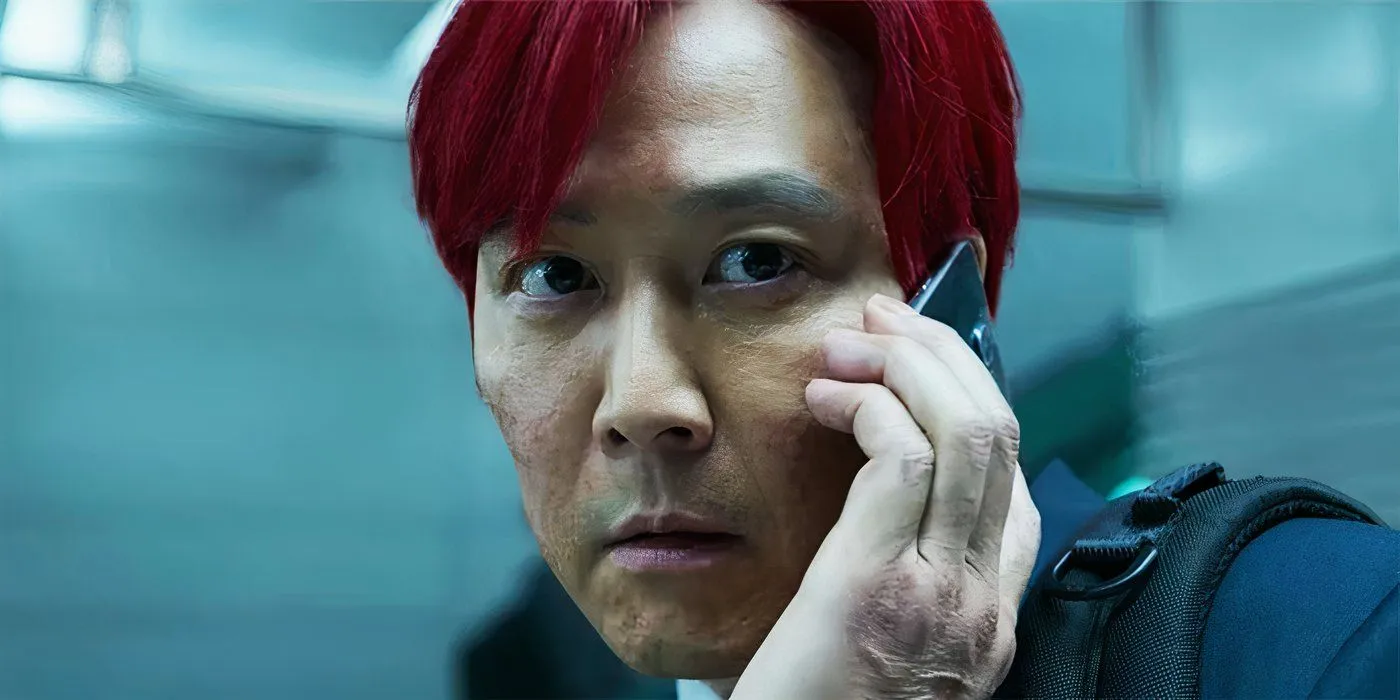
Season 1 of Squid Game was crafted as a self-contained narrative with a definitive beginning, middle, and end. It concluded with Gi-hun’s commitment to dismantling the games and the Front Man. In contrast, Season 2 represents merely half of a larger narrative, leaving viewers on an unresolved cliffhanger. The ongoing games are incomplete, and the fate of Gi-hun and other key players hangs in the balance.
This structural choice results in Season 1 feeling more fulfilling, while Season 2’s conclusion may seem abrupt until the forthcoming Season 3 provides clarity. Additionally, Season 1 comprises nine episodes, compared to the seven in Season 2. Thus, the quality of Season 2 will be more accurately evaluated once Season 3 is unveiled, allowing for a full appraisal of the overarching storyline.
Emphasis on Returning Characters
Enhanced Focus on Familiar Faces
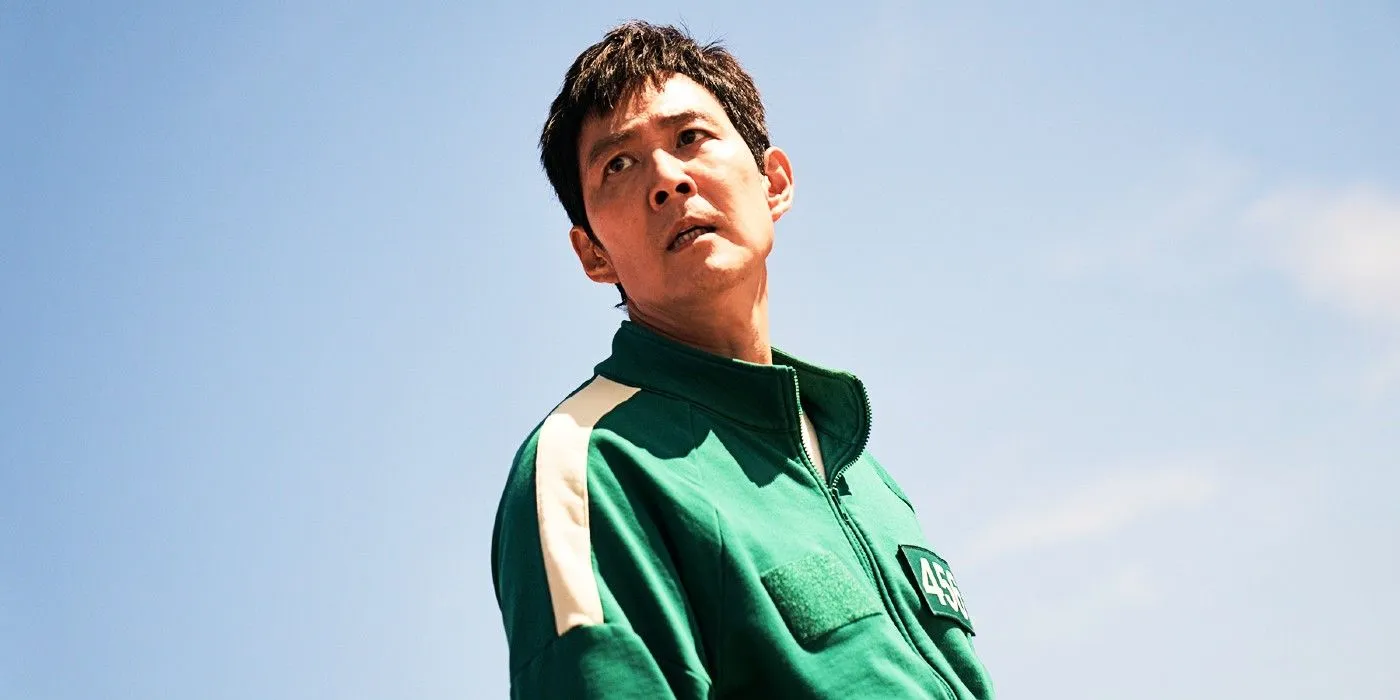
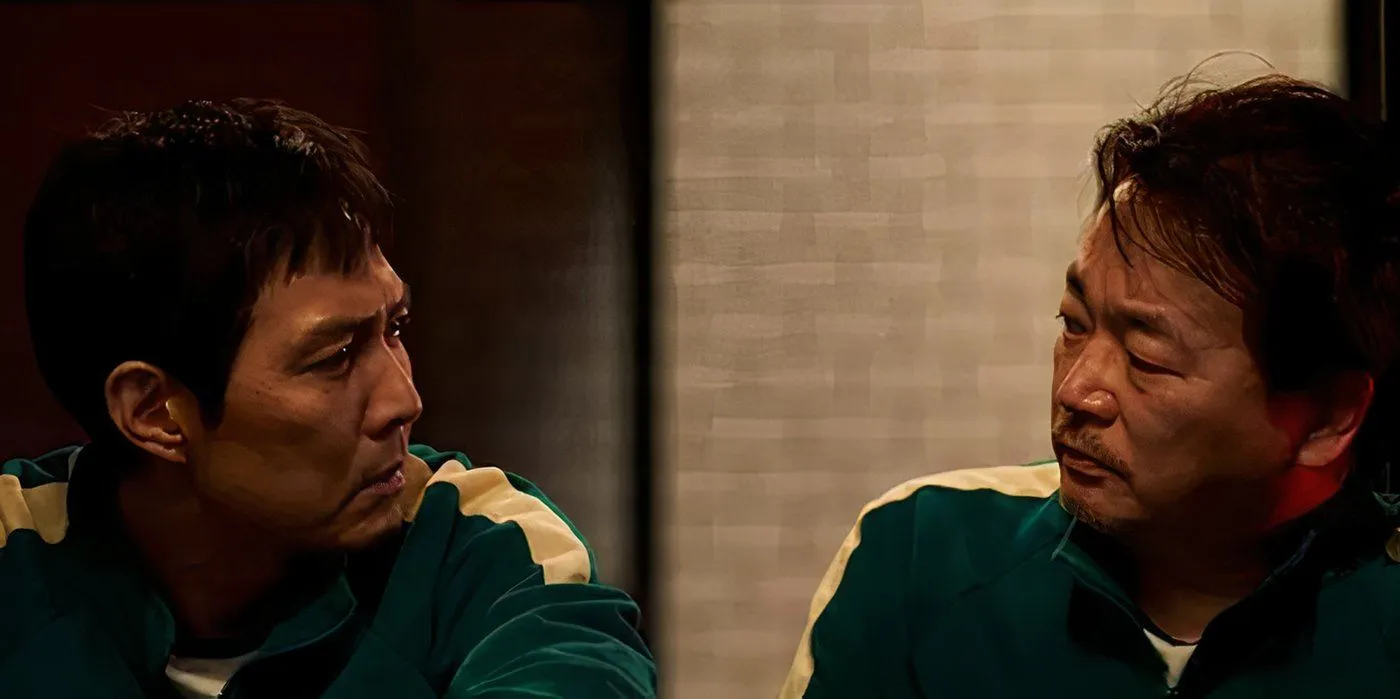
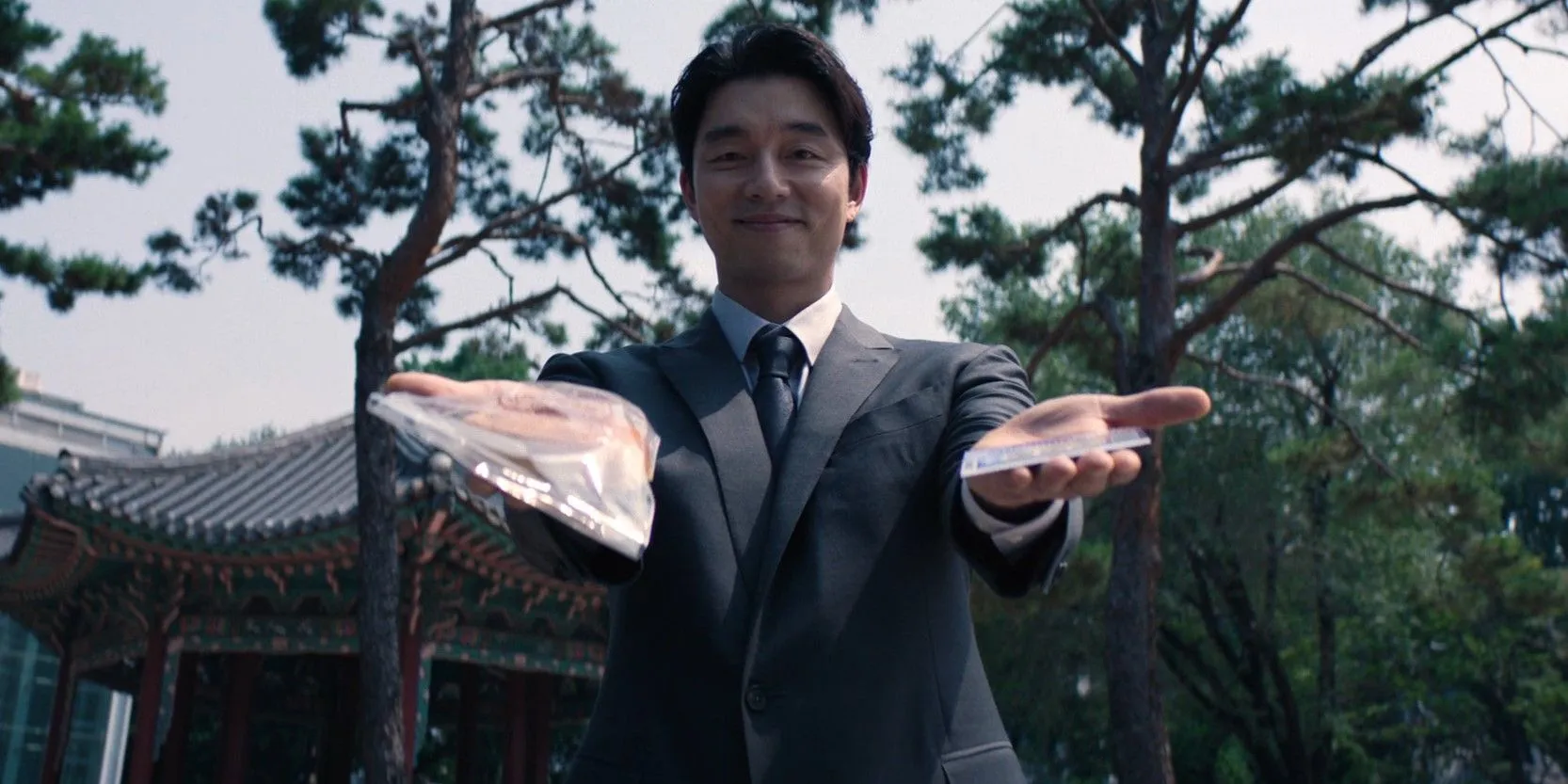
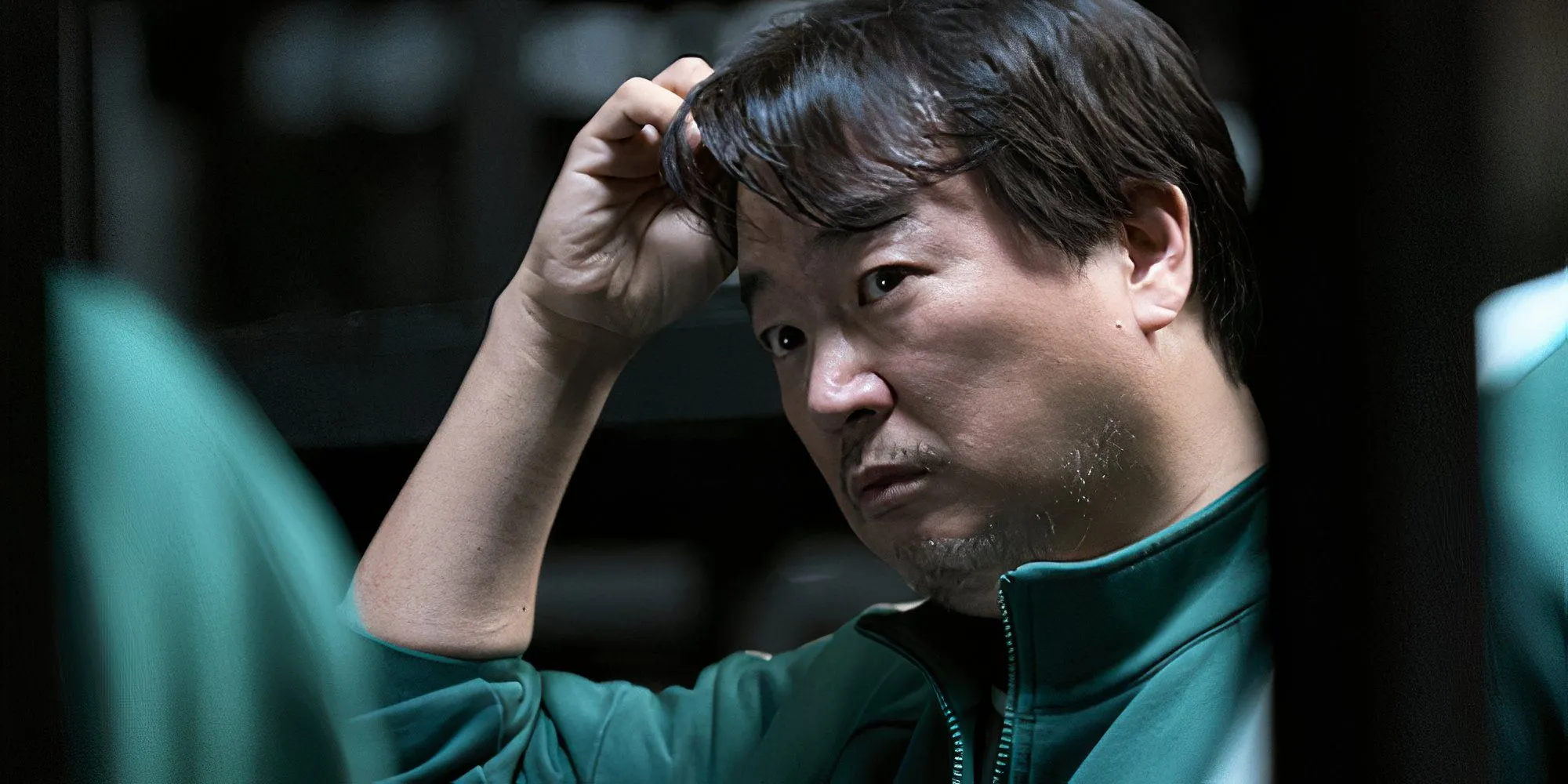
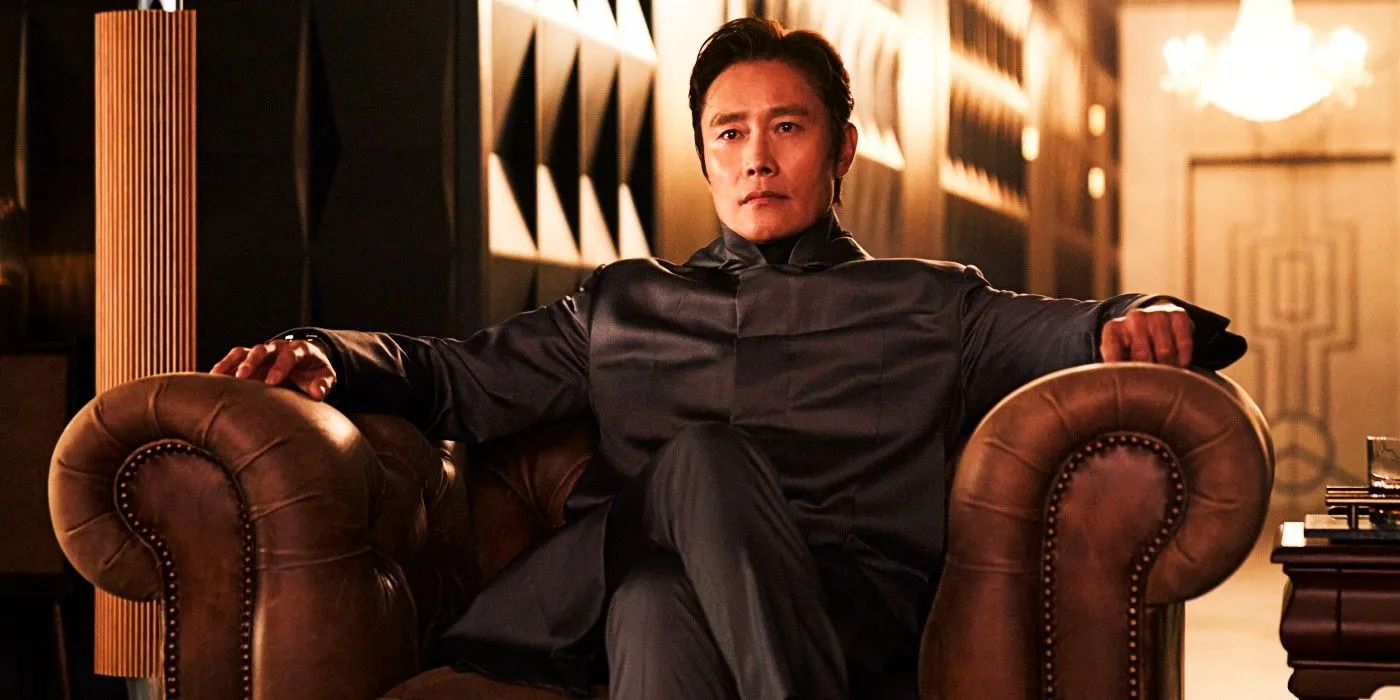
The elimination of numerous characters in Season 1 allows for returning figures in Season 2, such as the Salesman (Gong Yoo) and the Front Man, to be developed more deeply. In the opening episode, the Salesman is given a comprehensive backstory, enhancing his complexity, while the Front Man emerges as the main antagonist, overshadowing Oh Il-nam (O Yeong-su) who met his demise in the previous season. Furthermore, the common thread of familiar characters adds depth to the storytelling.
Notably, even minor characters such as Gi-hun’s friend, Park Jung-bae (Lee Seo-hwan), gain prominence in Season 2 by actively participating in the new games alongside Gi-hun. Unlike Season 1, which primarily introduced new characters, Season 2 benefits from the interplay between established personas and fresh faces, creating a different viewer experience.
Fewer Games in Season 2
A Limited Number of Games
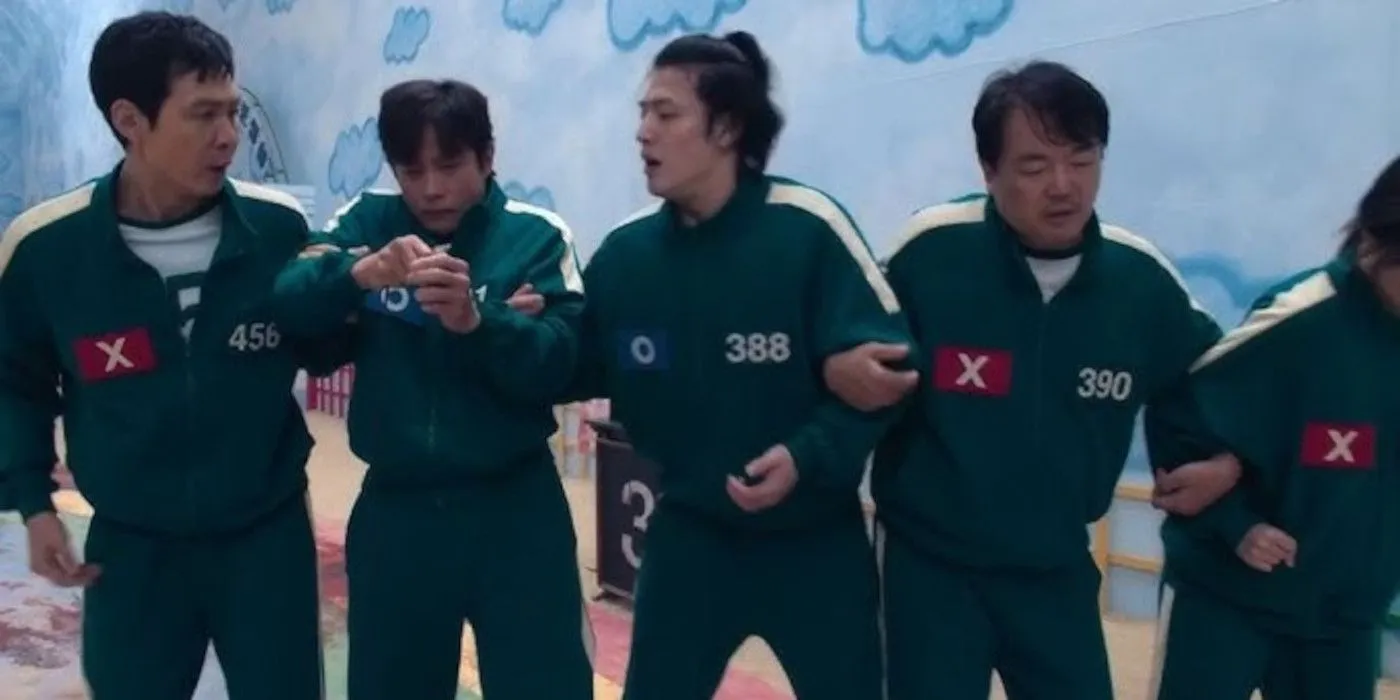
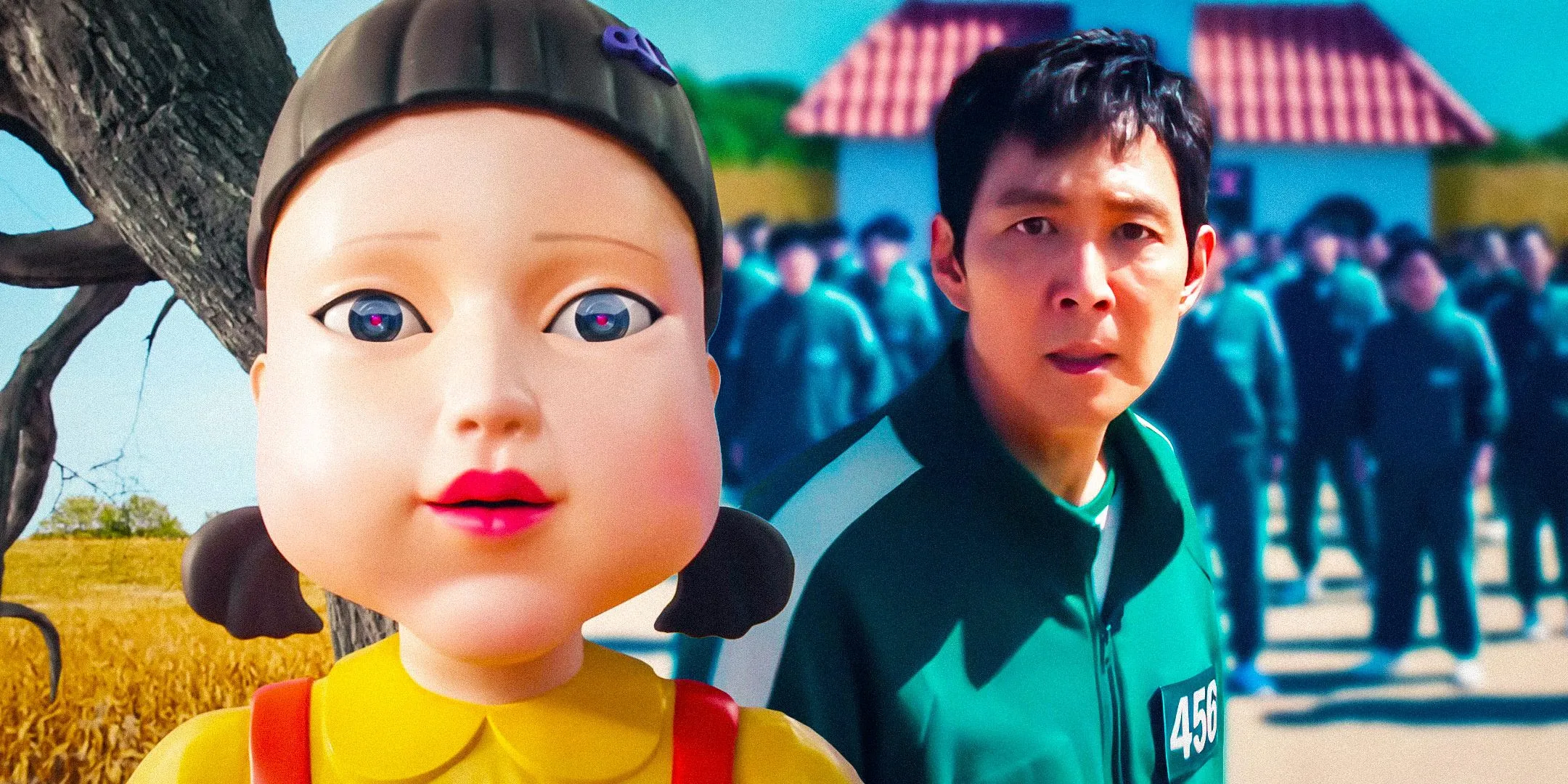
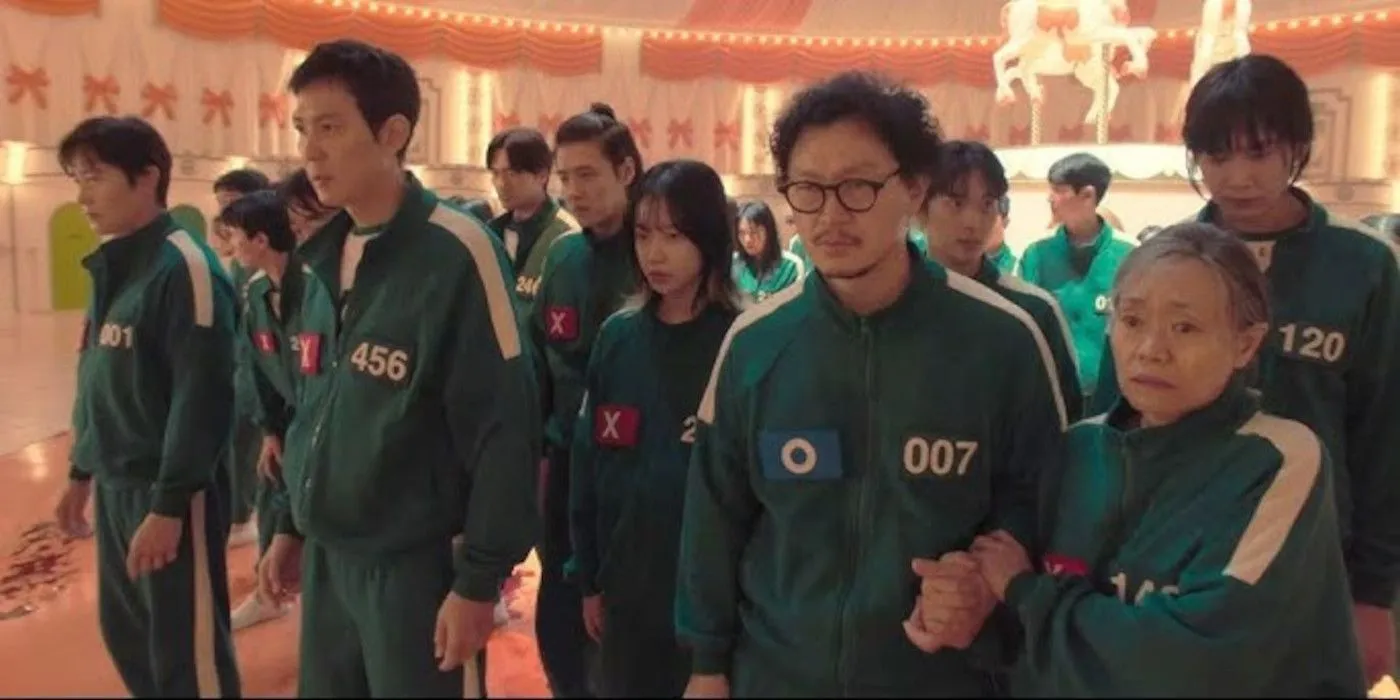
Season 2 encompasses only three games, significantly fewer than the six presented in Season 1. This reduction aligns with the new storytelling framework, as the intense competition remains unresolved at the season’s conclusion. In Season 1, players engaged in a series of six games, culminating in the titular squid game, with Gi-hun eventually emerging victorious amidst widespread player fatalities.
|
Games in Squid Game Season 1 |
|---|
|
Red Light, Green Light |
|
Dalgona |
|
Tug of War |
|
Marbles |
|
Glass Stepping Stones |
|
Squid Game |
In contrast, Season 2 only features Red Light, Green Light, a six-legged pentathlon, and Mingle—the only familiar game being the first. The mid-credits scene of Season 2 hints at the continuation of the games, teasing that a new game will return in Season 3, likely featuring a giant male doll that echoes the infamous female doll from the first season’s Red Light, Green Light.
Increased Action in Season 2
A Cinematic Action Experience
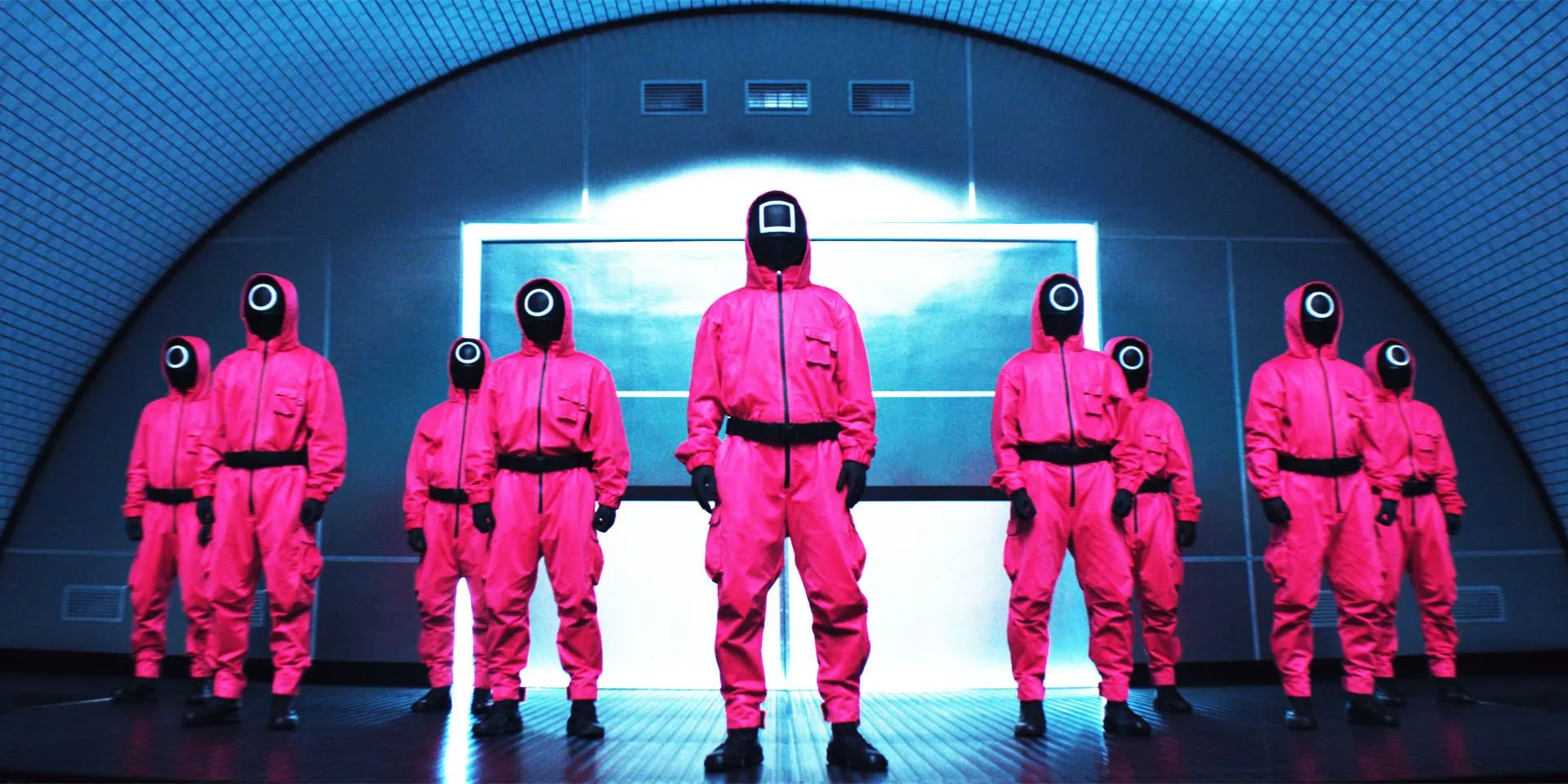
Despite the reduced number of games, Season 2 is undeniably more action-packed. The intense bathroom brawl and subsequent uprising against the guards contribute to the high-energy finale. This climactic episode features relentless gunfire as Gi-hun and fellow players arm themselves against the guards, transforming the setting into what feels more like an action film than a traditional episode of Squid Game.
Throughout Season 2, the action expands beyond the gameplay to include mercenaries—hired muscle searching for the deadly games’ location. As Gi-hun and Jun-ho plan their assault, the anticipation builds for Season 3, which promises an action-packed confrontation between the mercenaries and the guards.
A Strong Season, Yet Season 1 Shines Brighter
Unreachable Expectations
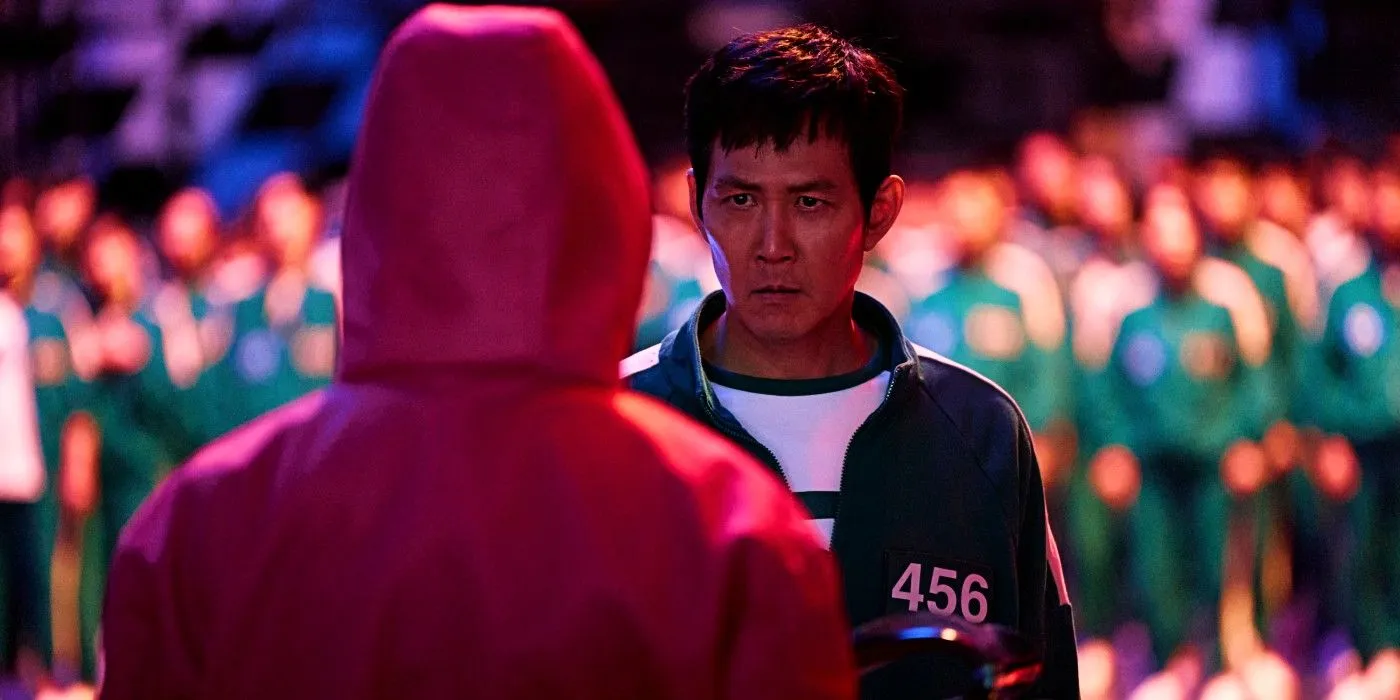
Despite the introduction of intriguing new characters and deeper exploration of existing ones, as well as a profound critique of societal issues, Squid Game Season 2 ultimately comes up short against its predecessor. The intrigue and shock value that Season 1 offered at its launch are harder to replicate. Predictable twists diminish the suspense, and the significant revelation regarding the Front Man lacks the impact of the climatic twist in Season 1.
In light of the lofty expectations following such a groundbreaking first season, Season 2 retains solid entertainment value, though it cannot quite measure up to its critically acclaimed forerunner. Additionally, the satisfying conclusion characteristic of Season 1 is currently absent from Season 2, which contributes to its ongoing perception disparity.




Leave a Reply